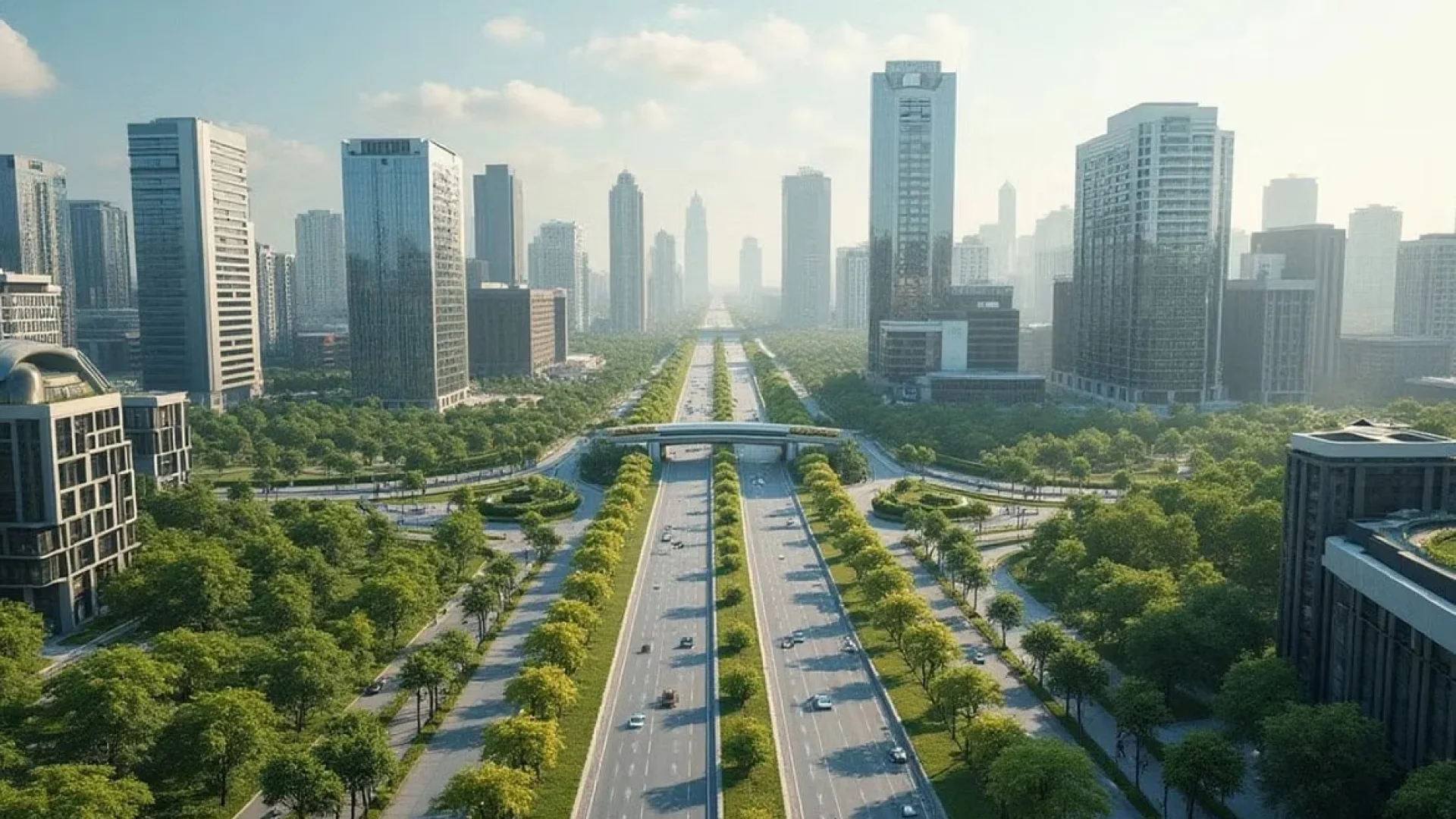Bengaluru: The picture of India’s success with global capability centres (GCCs) is all rosy, after all. Analysts see hurdles yet to be surmounted at various levels that need attention so the present boom does not lose steam.
An important issue looming over the scene is red tape. The number of clearances and compliances required is becoming a pain point. “In India, approvals are not easily available without any corruption. The government needs to take care of that because globally companies are bound by Foreign Corrupt Practices Act (FCPA) and it’s difficult for them to actually manage these requirements,” observed Sandeep Agrawal, Founder and Director, Teamlease Regtech. Concerns about data privacy, cybersecurity and taxation are also emerging as issues and navigating these complex regulations is critical to avoiding financial, reputational, and operational risks.
Even as states complain of preferential treatment by the Centre, experts emphasised on the need for a common central policy for GCCs. “I strongly recommend that the central government must have a policy and a single window clearance system for GCCs. If somebody comes to India, they should have a space to interact, receive guidance, basically some sort of initial support. The final decision to set up in a state, should obviously be left with the company,” said Alouk Kumar, Founder & CEO, Inductus.
At present, Karnataka has a GCC policy, while Uttar Pradesh has launched a draft policy. Moreover, Telangana and Maharashtra are scripting it. Even Tamil Nadu is one of the hotspots for the industry, providing several sops.
While India’s large talent pool is touted as a key attraction for GCCs, the emerging skill gap in addressing the rising demand is also hurting. While a lot has been spoken and a little is being done at the central and state level. The pace and quantum of skilling leaves a lot to be desired.
“There are challenges coming in from other markets whether it is Mexico or countries in Eastern Europe or South Asia which are providing a pool of talent. At some point India’s existing workforce will be challenged by these smaller countries posing as a destination,” said Vikram Ahuja, Co-founder, ANSR.
On the domestic front, this limited skill availability is leading to increased competition with the IT services, as both sectors seek skilled professionals. Presently, GCCs are offering significant salary premiums of about 20-25% to attract talent from the IT services sector.
The positives
These challenges notwithstanding, the future of GCCs still holds promise. The rise of nano players focussed on emerging technologies such as artificial intelligence (AI), engineering research and development (R&D) and product development, is gaining traction. “These agile, smaller centers focus on specialised services or innovation in specific domains. They are more cost-effective and benefit from a range of incentives without being subject to minimum employment or investment thresholds, making it easier for companies to set up and scale operations with agility and minimal risk,” said Manjula Ramaswamy, Vice President, GCC Head, Kyndryl India.
Industry observers also believe that going ahead, an America first policy may force companies to set up operations in India. “There might be increased job opportunities in India as companies look to set up operations in response to “America First” policies for cost-effectiveness and restrictions on hiring in their home countries,” said Neeti Sharma,chief executive officer, TeamLease Digital.
Bengaluru’s lion’s share
“Of the 25-30 million square feet (msf) of GCC office space uptake in India, Bengaluru accounted for 40-45% of the leasing activity in 2024,” said Arpit Mehrotra, Managing Director, Office Services, Colliers India.
He added, “GCCs played a crucial role in 2024’s record breaking 21.7 million square feet of leasing activity in the city. Around 55% of Bengaluru’s Grade-A office space demand in 2024 came from GCCs.”
While analysts and developers that DH spoke to expect Bengaluru’s dominance to continue in 2025 with unanimous certainty, other districts in Karnataka like Mysuru, Mangaluru, Hubballi, Dharwad and Belagavi are also seeing an increase in GCC preference. This, especially after Karnataka’s GCC Policy which focuses on expanding beyond Bengaluru with targeted benefits. These cities provide similar amenities at lower costs of operation.
A Mohan Raju, Managing Director and CEO of Kalyani Developers, said, “GCCs often secure competitive rates due to the large-scale spaces they occupy, creating a pricing delta compared to standard market rates.”
Shesh Rao Paplikar, Founder and CEO of Bhive Workspace added, “Factors such as property taxes, rent control regulations, and zoning laws can indirectly affect the cost structure.”
While Bengaluru has taken the lede other cities with emerging infrastructure and talent pools, such as Hyderabad, Pune, and Chennai, are also drawing GCCs, as pointed out by Amit Banerji, CEO, Founder and Chairman, Table Space.

